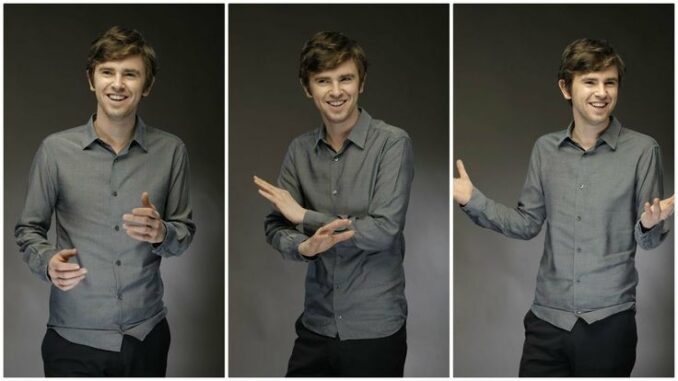
When The Good Doctor first aired, few expected it to redefine how television portrays autism. Yet seven seasons later, the show has done exactly that — transforming perceptions, sparking conversation, and inspiring countless viewers to see the world through a more compassionate lens.
Freddie Highmore’s portrayal of Dr. Shaun Murphy challenged stereotypes from the start. Instead of focusing on limitations, the series highlighted Shaun’s intelligence, empathy, and determination. By doing so, it gave visibility and respect to a community often misrepresented in mainstream media.
The show also stood out for its willingness to address real-world issues — from accessibility in the workplace to emotional burnout among healthcare professionals. It invited viewers to question not only how we treat those who are different, but how we define “normal” in the first place.
Critics have praised The Good Doctor for its sensitivity and its balance of realism and optimism. Hospitals and advocacy groups alike have cited the show as a positive influence in raising awareness and empathy toward individuals with autism.
As the final season approaches, fans are reflecting on how the series opened hearts and minds worldwide. It wasn’t just entertainment — it was education through empathy.
